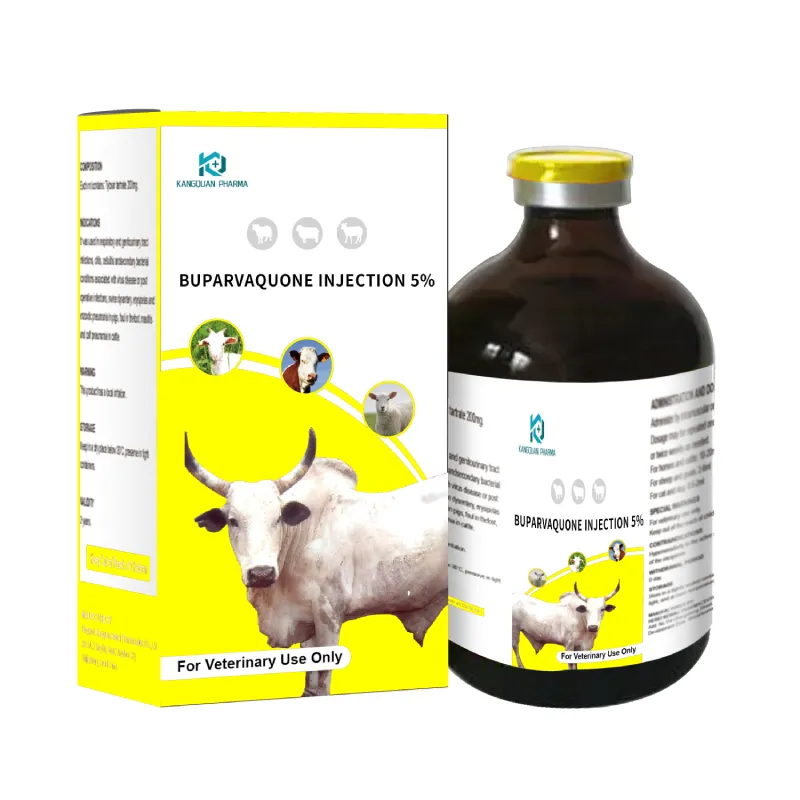- Afrikaans
- Albanian
- Amharic
- Arabic
- Armenian
- Azerbaijani
- Basque
- Belarusian
- Bengali
- Bosnian
- Bulgarian
- Catalan
- Cebuano
- Corsican
- Croatian
- Czech
- Danish
- Dutch
- English
- Esperanto
- Estonian
- Finnish
- French
- Frisian
- Galician
- Georgian
- German
- Greek
- Gujarati
- Haitian Creole
- hausa
- hawaiian
- Hebrew
- Hindi
- Miao
- Hungarian
- Icelandic
- igbo
- Indonesian
- irish
- Italian
- Japanese
- Javanese
- Kannada
- kazakh
- Khmer
- Rwandese
- Korean
- Kurdish
- Kyrgyz
- Lao
- Latin
- Latvian
- Lithuanian
- Luxembourgish
- Macedonian
- Malgashi
- Malay
- Malayalam
- Maltese
- Maori
- Marathi
- Mongolian
- Myanmar
- Nepali
- Norwegian
- Norwegian
- Occitan
- Pashto
- Persian
- Polish
- Portuguese
- Punjabi
- Romanian
- Russian
- Samoan
- Scottish Gaelic
- Serbian
- Sesotho
- Shona
- Sindhi
- Sinhala
- Slovak
- Slovenian
- Somali
- Spanish
- Sundanese
- Swahili
- Swedish
- Tagalog
- Tajik
- Tamil
- Tatar
- Telugu
- Thai
- Turkish
- Turkmen
- Ukrainian
- Urdu
- Uighur
- Uzbek
- Vietnamese
- Welsh
- Bantu
- Yiddish
- Yoruba
- Zulu
நவ் . 20, 2024 15:36 Back to list
tylan injectable for chickens
Tylan Injectable for Chickens An Essential Tool in Avian Health Management
Tylan injectable, primarily composed of the active ingredient Tylosin, is a vital antibiotic widely used in poultry health management, particularly in chickens. As the poultry industry continues to face challenges related to bacterial infections and diseases, Tylan injectable presents a reliable solution for maintaining the wellbeing of these birds while ensuring optimal production efficiency.
Understanding Tylosin
Tylosin is a macrolide antibiotic that was originally developed for use in livestock. Its mechanism of action involves inhibiting protein synthesis in bacteria, effectively stopping their growth. Due to its effectiveness against a variety of gram-positive bacteria and certain gram-negative bacteria, Tylosin has become a popular choice for treating respiratory and enteric infections in chickens.
Common Uses of Tylan Injectable
Tylan injectable is primarily used in the treatment of respiratory diseases, such as Mycoplasma gallisepticum (MG) infections, which can significantly affect the health and productivity of poultry. Such infections often lead to reduced egg production, poor growth rates, and overall diminished flock performance. By administering Tylan injectable, producers can effectively control these infections, leading to healthier birds and increased productivity.
Aside from MG infections, Tylan injectable is also effective against other bacterial infections that can compromise the health of chickens. This broad-spectrum efficacy makes it a versatile choice for poultry farmers seeking to prevent and treat various bacterial infections. Additionally, Tylan can help to reduce the severity and duration of infections, allowing birds to recover more quickly and return to their productive capacities.
tylan injectable for chickens

Administration and Dosage
Tylan injectable is typically administered subcutaneously or intramuscularly, depending on the specific treatment protocol recommended by veterinarians. Dosage varies based on the severity of the infection, weight of the bird, and the veterinarian's guidance. It is crucial for poultry farmers to adhere strictly to the dosage instructions to minimize the risk of antibiotic resistance and ensure the health and safety of the flock.
Withdrawal Periods and Food Safety
One of the critical aspects of using Tylan injectable is adherence to withdrawal periods. After treatment, it is essential to observe the specified withdrawal time before harvesting eggs or meat from treated chickens. This practice not only ensures compliance with food safety regulations but also protects consumer health by preventing antibiotic residues in poultry products. Poultry farmers should be well-informed about these withdrawal periods to maintain compliance and safeguard their marketing practices.
Conclusion
In conclusion, Tylan injectable plays a crucial role in the health management of chickens. Its efficacy against various bacterial infections, particularly respiratory diseases, makes it an indispensable tool for poultry producers. By using Tylan responsibly and adhering to proper administration guidelines and withdrawal periods, farmers can enhance the health and productivity of their flocks, ensuring a sustainable and profitable poultry operation. As the industry continues to evolve, staying informed about the proper use of antibiotics and implementing best practices will be essential in promoting animal health and welfare while addressing consumer concerns regarding food safety. Through responsible use, Tylan injectable can help secure a brighter future for poultry farming.
-
Guide to Oxytetracycline Injection
NewsMar.27,2025
-
Guide to Colistin Sulphate
NewsMar.27,2025
-
Gentamicin Sulfate: Uses, Price, And Key Information
NewsMar.27,2025
-
Enrofloxacin Injection: Uses, Price, And Supplier Information
NewsMar.27,2025
-
Dexamethasone Sodium Phosphate Injection: Uses, Price, And Key Information
NewsMar.27,2025
-
Albendazole Tablet: Uses, Dosage, Cost, And Key Information
NewsMar.27,2025













